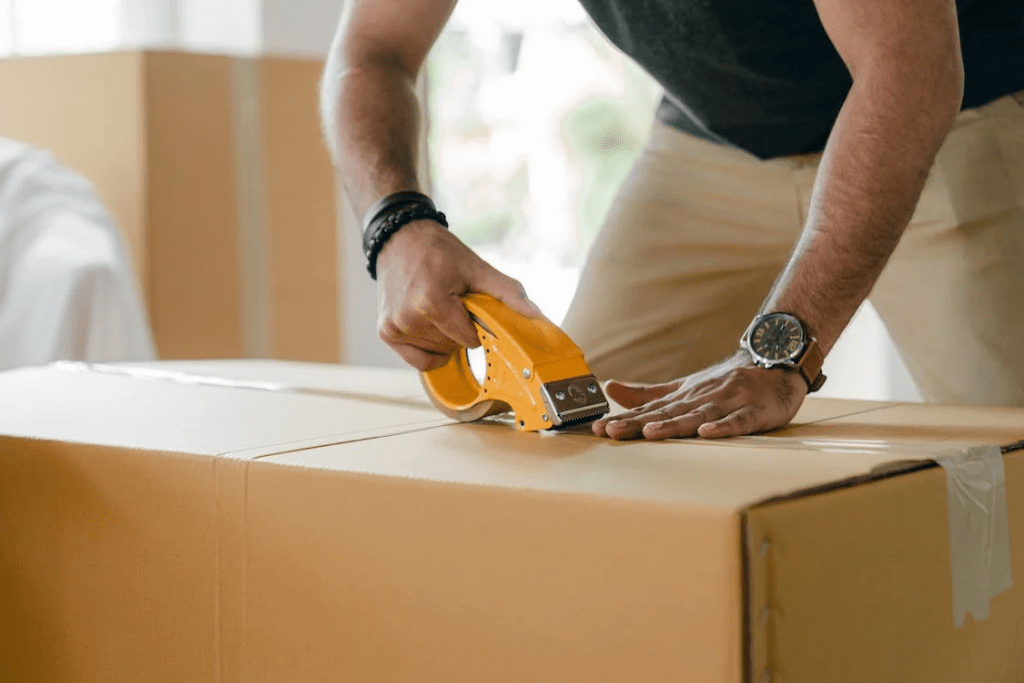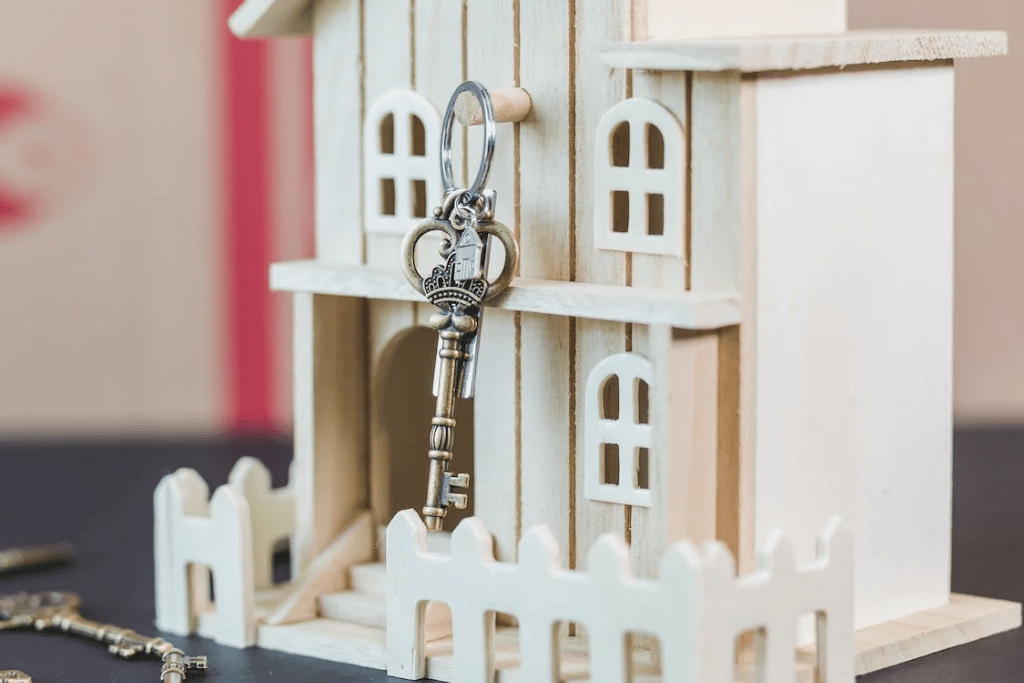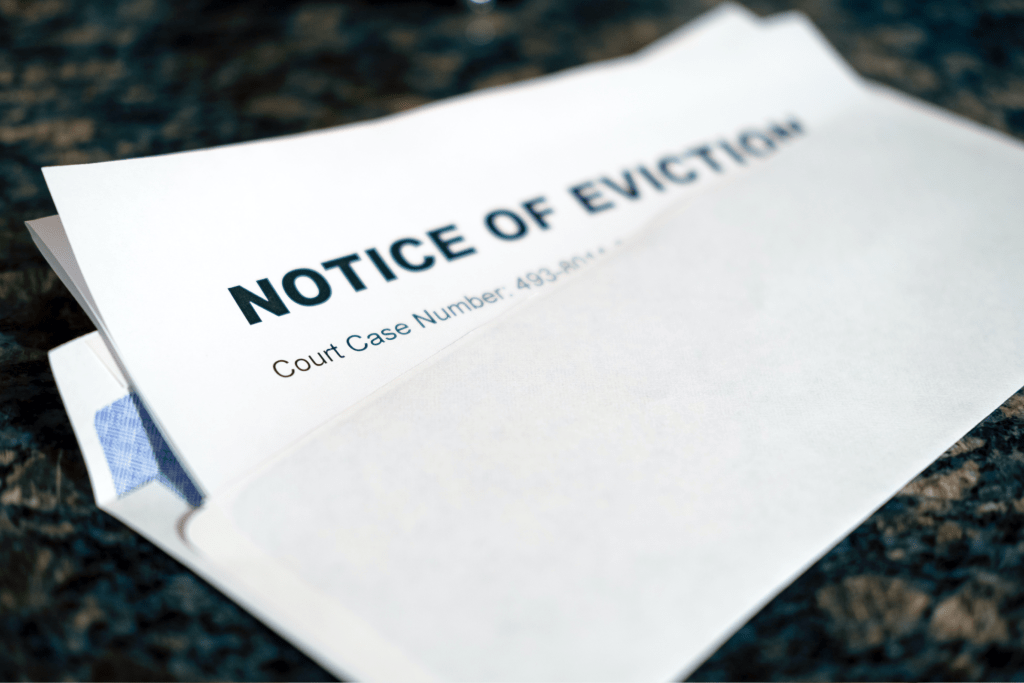Maintenance is an integral part of property management, and for small landlords, ensuring property upkeep can be both a financial and logistical challenge. From routine repairs to unexpected emergencies, addressing maintenance needs effectively is crucial for tenant satisfaction and the long-term value of the property.
One of the primary challenges small landlords face is the financial strain associated with property maintenance. Unlike larger property management companies with dedicated maintenance teams, small landlords may need to allocate funds strategically to cover the costs of repairs and updates. Balancing limited resources with the need for ongoing maintenance can be a delicate task.
To address this, small landlords should adopt a proactive approach to maintenance planning. Establishing a maintenance budget as part of the overall financial plan allows landlords to set aside funds specifically for property upkeep. This budget should account for routine maintenance tasks as well as create a financial buffer for unexpected repairs.
Prioritizing preventive maintenance is another strategy to manage maintenance woes. Regularly inspecting the property and addressing minor issues before they escalate can save small landlords significant costs in the long run. Implementing a schedule for routine tasks such as HVAC system checks, roof inspections, and pest control helps maintain the property’s condition and prevents more extensive damage.
The logistical aspect of property maintenance can also pose challenges for small landlords. Coordinating repairs, responding to tenant requests, and ensuring timely resolutions can be time-consuming. Small landlords may lack the resources or network of contractors available to larger property management companies, making it challenging to address maintenance needs promptly. To overcome this, small landlords can build relationships with reliable local contractors. Establishing a network of skilled professionals for various maintenance tasks, from plumbing to electrical work, ensures a quick response when issues arise. Additionally, leveraging technology for maintenance tracking and communication with tenants can streamline the process and enhance efficiency.
Furthermore, small landlords should explore cost-sharing initiatives with tenants for certain maintenance responsibilities. Clearly outlining responsibilities in the lease agreement and communicating openly with tenants about shared duties can not only alleviate some financial strain but also foster a sense of shared responsibility for the property’s upkeep.
In conclusion, maintenance woes represent a significant challenge for small landlords. By adopting proactive financial planning, prioritizing preventive maintenance, building a network of reliable contractors, and exploring collaborative solutions with tenants, small landlords can effectively navigate the complexities of property upkeep.





